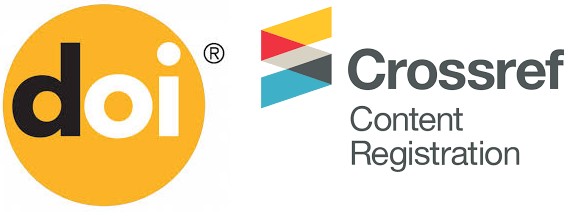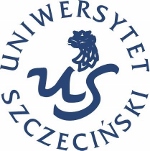Studies and researches
Vol. 15 Issue 2 - 12/2023
Determining a Revenue Generating Model that Creates Customer Value by Using a Skip-the-line Application in Romania
The main objective of this research is to identify a suitable monetization model that satisfies the customer segment of a skip-the-line application (app) in Romania. The app will enable clients visiting physical hospitality venues to benefit from a simplified order and payment process, eliminating the need for queueing and waiting, while also enhancing the overall user experience. The purpose is to build a successful, profitable startup around the skip-the-line app. The study is based on data and insights regarding the digitalization of the hospitality industry and the problem of waiting time. Moreover, exploring revenue models for digital products allows for a broad understanding of the market dynamics regarding the skip-the-line app, helping with diversifying revenue sources, prioritising a customer-centric approach and understanding the economic viability of such solutions. The research delves into a comprehensive market analysis to understand the current landscape of the hospitality industry in Romania, alongside investigating multiple approaches that have been implemented in other countries. By identifying key trends and customer preferences, the study gains insights into how consumers interact with digital solutions and their willingness to adopt innovative approaches. These insights help tailor the monetization model to align with customer behaviour and expectations. The theoretical framework used is comprised of Business Model Canvas, Customer Persona Framework and Revenue Model Framework. The monetization model that best satisfies the customer segment of the skip-the-line application was defined in the socioeconomic and business environment of Romania, consisting of a percentage-based cost-sharing approach in which both venues and final consumers contribute to the operational expenses of the app. This adjustment is the outcome of survey responses and expert interviews, promoting fair and active participation from both sides. Customers will benefit from seamless experiences, while venues would be able to serve faster and more organised, leading to increased revenue. These modifications constitute a purposeful shift towards a customer-centric approach, emphasising a transparent and reciprocal exchange of value between venue owners and clients, fostering trust and fairness while aligning the interests of all parties involved.
Read more
Keywords:
HoReCa, digitalization, waiting time, revenue model
JEL:
O52, Z30
HoReCa, digitalization, waiting time, revenue model
JEL:
O52, Z30














